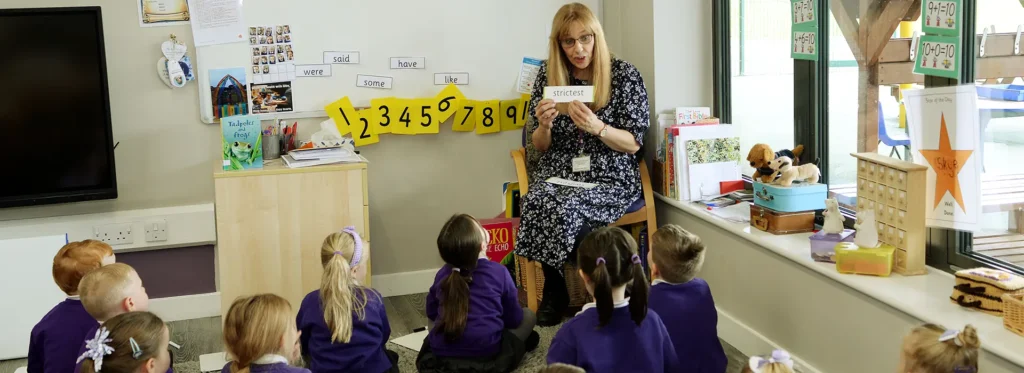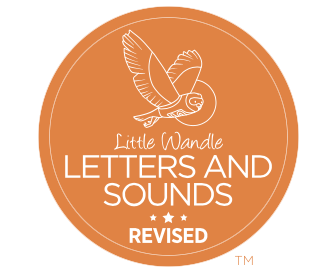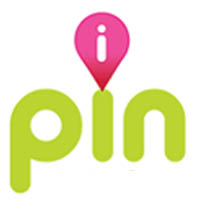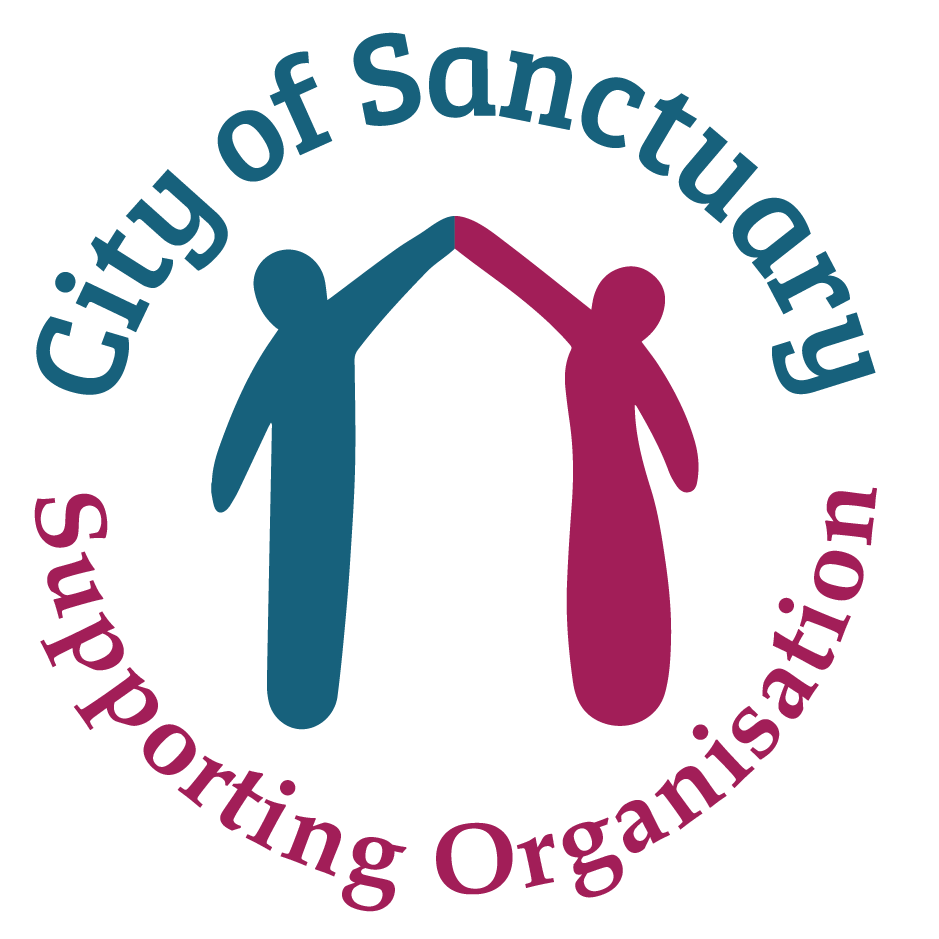Our Reading Curriculum…

Reading is at the heart of all that we do at Newcomen Primary School and is an essential skill for lifelong learning. We feel it is imperative that by the end of their primary education, all pupils are able to read maturely, fluently and with confidence in any subject in preparation for their forthcoming secondary education. This is achieved by a rigorous approach to the teaching of reading, which develops this confidence whilst championing and promoting enjoyment in reading. We aim to equip our pupils with the requisite knowledge, skills and wider understanding to be successful, independent and motivated learners who enjoy reading for pleasure and are inspired by a love of books for years to come.
Newcomen Primary School, reading is given the utmost priority as it allows children access to the whole curriculum and opens doors to learning. We believe that nothing is more important in education than ensuring that every child can read well. Our first priority, the initial teaching of word reading, allows children to decode unfamiliar printed words and develop rapid recognition of familiar printed words, which together underpin the understanding that the letters on the page represent the sounds in spoken words. We place great emphasis on the teaching of early phonics allowing pupils to word read in a competent, fluent and confident manner. The robust systematic synthetic phonics teaching within school allows pupils to develop phonemic awareness to decode letters into their respective sounds; a skill that is essential for them to read unfamiliar words by themselves.
Word reading is only one dimension of the teaching of reading and we recognise that comprehension is crucial in order to generate enthusiasm for reading and develop readers’ contextual understanding. Through our literacy rich curriculum, our pupils are exposed to an extensive and varied selection of fiction, non-fiction texts and poetry, which allows them to gain knowledge of the world in which they live. Comprehension requires pupils to draw on linguistic knowledge and therefore an explicit and consistent approach to the teaching of vocabulary and grammar is embedded throughout the school.
Phonics
Reading is given the utmost priority and woven into all aspects of the Early Years curriculum. The systematic teaching of phonics, alongside our well-managed home reading programme, ensures that children commonly write and read well. We follow the DfE accredited systematic synthetic phonics (SSP) scheme, ‘Little Wandle,’ Letters and Sounds Revised, which complements our whole school reading programme. All staff have been fully trained in the delivery of the SSP scheme Little Wandle Letters and Sounds Revised. Daily sessions of systematic teaching of phonics are consistent, well-structured and pace-appropriate following progression in order; direct teaching is in frequent small cumulative steps to avoid cognitive overload. Four new sounds are taught each week. Staff ensure the books our children read match the sounds they are learning. This enables them to develop phonemic awareness rapidly and embed phonic knowledge into long-term memory from working memory. Practice makes permanent.


Reading for Pleasure
Reading for pleasure is at the very core of our curriculum at Newcomen and all pupils are encouraged to read widely and frequently. Our belief is that reading for pleasure feeds pupils’ imaginations whilst developing a curiosity and understanding for the diverse and ever-changing world around them. By fostering and nurturing a love of books and reading, we can ensure that our children, our most precious asset, read widely and often and choose increasingly challenging books developing a deep appreciation for literature.
It is our intention to instil a lifelong passion for, and love of reading, that will enable children to increase the breadth of their vocabulary and knowledge, further develop an ever-increasing understanding of other cultures and gain greater insight into human nature.
Poetry
At Newcomen Primary School, we celebrate the reading and study of the different genres of poetry; this meets the statutory requirements of the national curriculum and follows the guidance The Reading Framework: Teaching the foundations of literacy July 2021. Through discussion with staff and children, quality age-appropriate poems from a wide range of poetry have been selected and identified to enjoy including rhyming poems, poems where alliteration is explored, traditional songs and rhymes, nonsense rhymes and rhythmical poetry. Each year group has a core set of poems to share, analyse, recite and enjoy. In EYFS, the focus is on Nursery Rhymes and simple seasonal poems.
Reading at Home
Reading is at the heart of our curriculum. We take great pride in providing our children with a stimulating ‘language rich’ environment in which language is explored and celebrated. We ensure we have a wide range of quality texts of different genres displayed in all areas of school. Reading at home is highly embraced as we celebrate home reading in a variety of ways to encourage, motivate and inspire.





